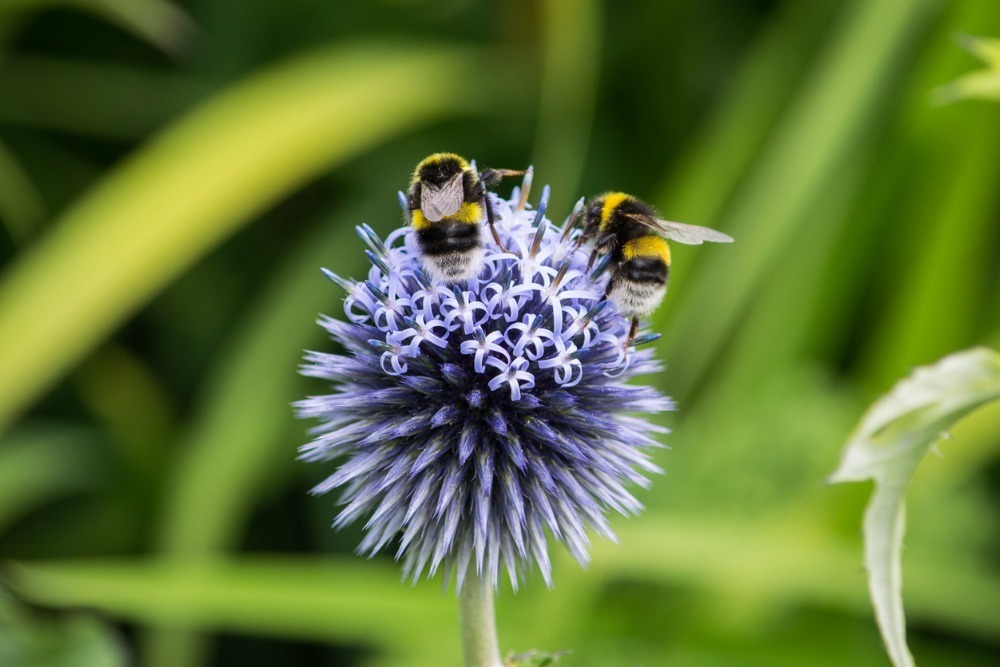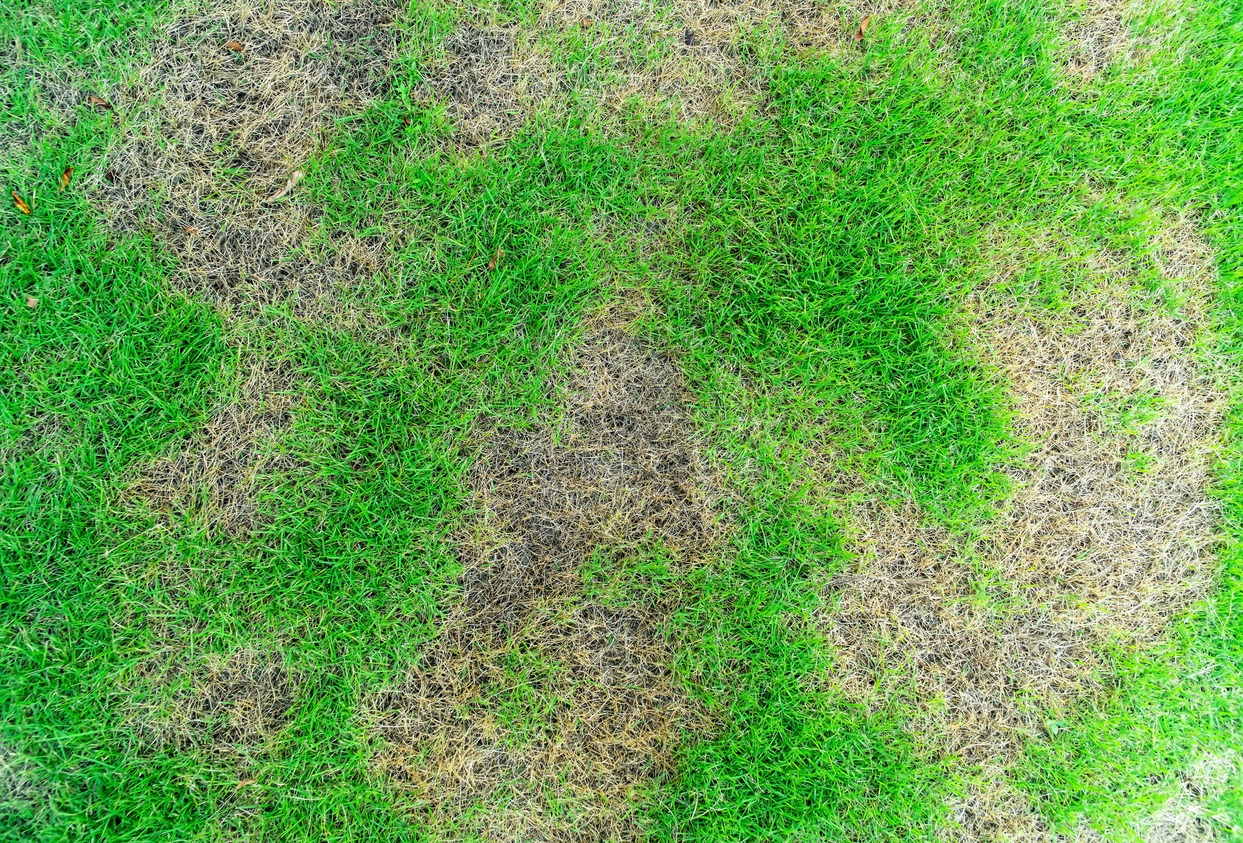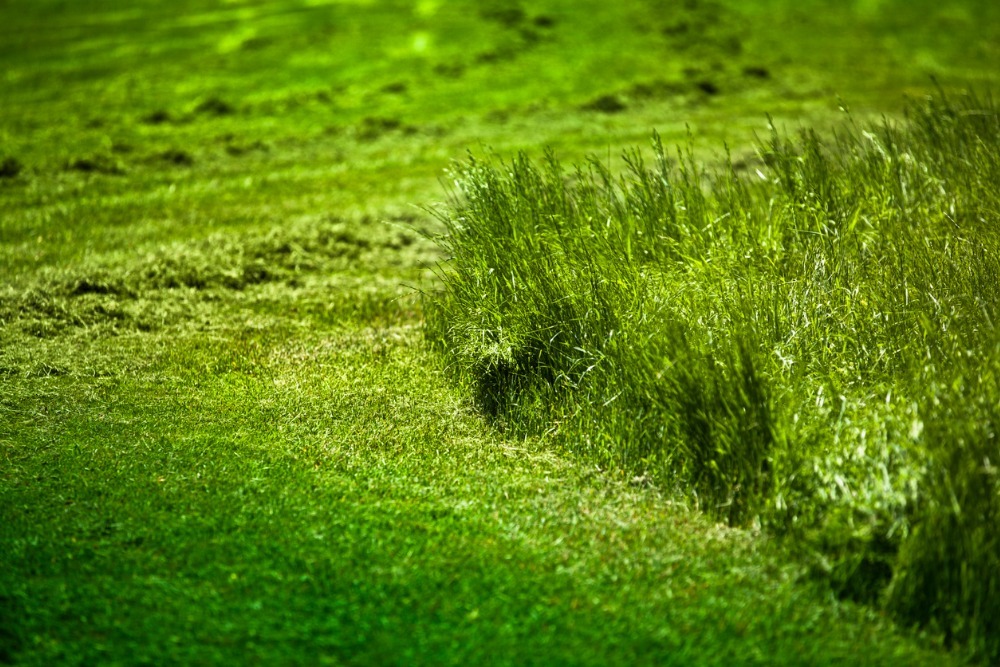
In total, there are over 250 types of bees living in the UK, including 25 types of bumblebees alone.
Bees are an essential part of our ecosystem. Out of the 100 crop species used to provide us with 90% of our food, 70% are pollinated by bees. However there has been an overall decline in the UK wild and honey bee population over the past 50 years. With many species native to the EU, it is more important than ever that we do what we can to protect them.
We have put together the latest tips on controlling bees in your home and garden, following advice listed on the British Pest Control Association (BPCA) website.
Please note, pest controllers do not apply bee treatments unless there’s a serious threat to human life.
Bee control
Let them ‘bee’
Bees do not cause problems to property, and those living around bees are not in danger of being stung if the bees are left alone and unprovoked. After the summer season, most bees will go away and not return to the nesting site the following year. By the time a colony has become obvious, its activity will soon decline naturally with the change in temperature and weather.
Generally, colonies formed in spring will usually naturally decline by late July, if not sooner. Therefore, if at all possible, always leave bee nests alone to thrive as their presence is actually beneficial for gardens and wildlife.
Relocation
If a nest is outside or underground, there should be no reason to move it. In more conventional and accessible places such as bushes, trees and sheds, then contacting a local beekeeper or pest controller to relocate the nest is an option. If you suspect you have honeybees and they are causing you problems, the BPCA recommend you use a swarm collector from the British Bee Keepers Association or get in touch with the Tree Bee Society. In most cases, they will come and collect the swarm free of charge.
Types of bees
Different types of bees will need to be treated in different ways. Identify the bees you may have in your home or garden.
Alternatively, you can download the Bumblebee Conservation Trust leaflet.







